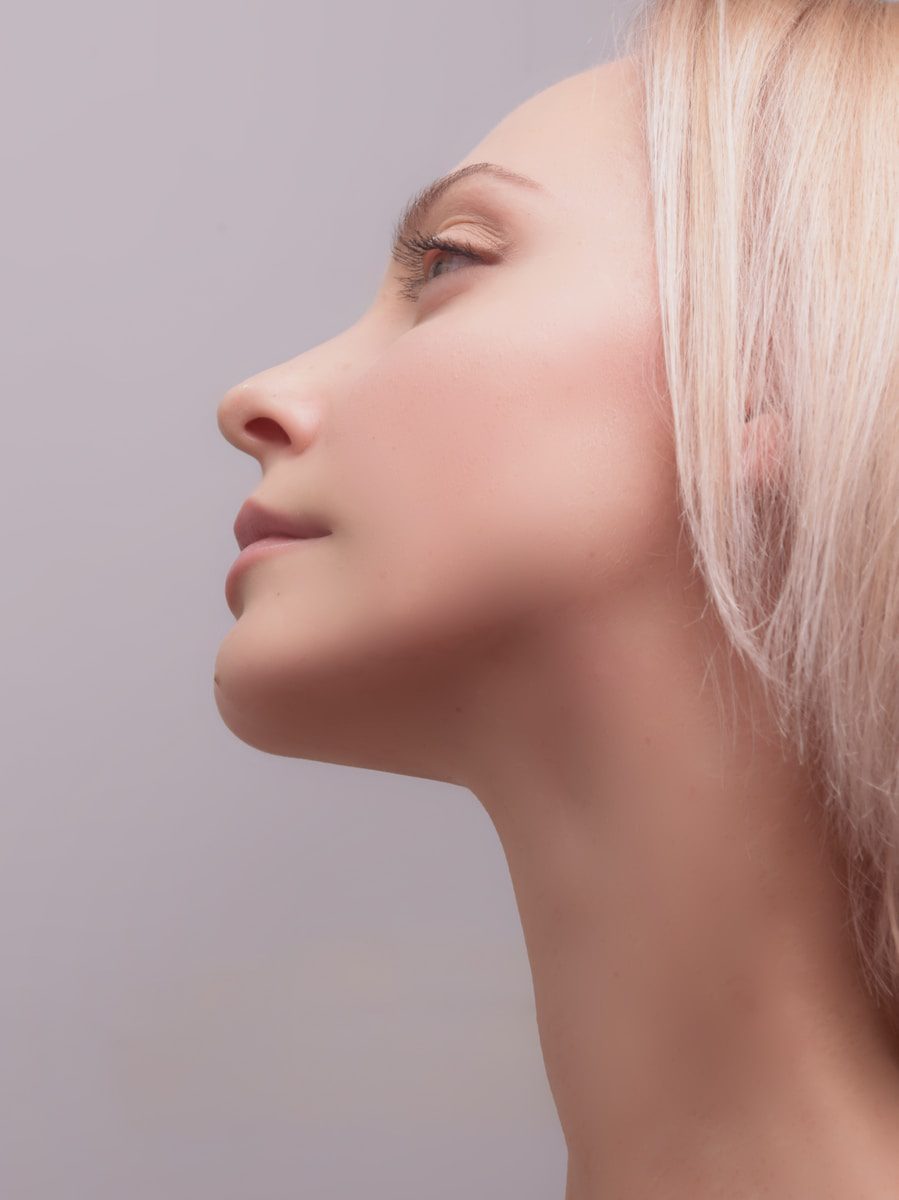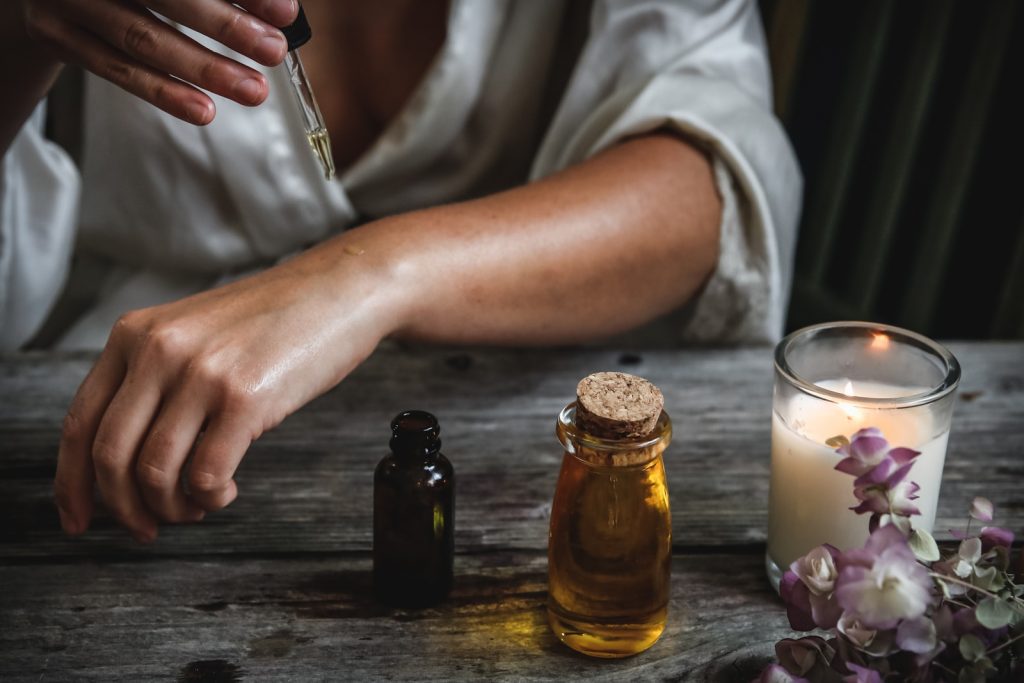Does vitamin A have cosmetic benefits?
The beauty benefits of vitamin A
Vitamins are very important to maintain optimal skin health, appearance and function. In addition to helping the skin reach its best condition, vitamins can also be used to treat a variety of skin conditions, such as acne, psoriasis and aging. But how does vitamin A help to improve the skin?
Vitamin A is an essential nutrient that supports skin, eye and reproductive health and immune function. There are two types of vitamin A: retinoids and carotenoids. Both types can be converted into retinol by the liver, which will then be stored or transported by the lymphatic system to cells throughout the body.
Retinoids are easily absorbed when applied topically on the skin.
Retinol can stimulate the production of new skin cells. Without it, the skin will become too dry. The lack of retinol can also lead to excessive keratinization of the hair follicles. This condition is characterized by excessive keratin in the hair follicles, which will lead to the formation of raised pimples on the skin.
The American Academy of Dermatology recommends topical tretinoin to treat acne in adolescents and adults. In research, it was also found that retinol can effectively stimulate collagen production and reduce wrinkles when used topically.
Carotenoids are rich in antioxidants
Carotenoids are rich in antioxidants. According to a study in the European Journal of Medicine and Biopharmaceuticals, a diet rich in carotenoids, such as β-carotene, can prevent cell damage, premature skin aging and other skin diseases.
The main source of vitamin A
Vitamins are a class of substances that are very important for life-sustaining activities. The demand is very small, but they have a great effect. There are only a small part of the vitamins that the body can synthesize by itself, and most of them need to be ingested from food. Vitamin A, vitamin B complex, vitamin C, and vitamin E are closely related to beauty and skin care. They are called the “four treasures of skin beautification”.
The main source of vitamin A is animal liver. Since vitamin A can be converted from carotenoids (including carotene, zeaxanthin, lycopene, etc.), carotenoid supplementation can also supplement vitamin A and is safer.
Adding vitamin A or its derivatives (retinyl palmitate, retinal palmitate, etc.) to cosmetics can promote dermal collagen synthesis, improve photoaging, and reduce skin greasiness and hyperkeratosis. Vitamin A supplementation is generally recommended for keratosis pilaris and acne skin.
How much vitamin A do you need every day?
Normal people need about 5000IU (international unit) every day, and excessive supplementation can cause accumulation of poisoning.
Children with a single intake of more than 300,000 IU, and adults with a single dose of more than 500,000 IU will cause dizziness, diarrhea, and drowsiness. Daily use of 100,000 IU for 6 months will cause joint pain, swelling, weakness, menorrhagia, and hair dry etc. Lack of or excessive vitamin A supplementation in pregnant women will increase the rate of fetal malformations.
Note : *Ready to get pregnant and pregnant women do not need to supplement vitamin A, so as not to affect the growth and development of the fetus, but the intake can be slightly increased during the third period of pregnancy.*
What foods can I get vitamin A from?
Vitamin A mainly comes from animal foods, such as dairy products, fish and meat, and the content of liver is particularly high. Pre-vitamin A refers to beta-carotene, alpha-carotene and beta-cryptoxanthin (cryptoxanthin). They are mainly found in green leafy vegetables, orange and yellow vegetables, tomatoes, fruits, and some vegetable oils. It can be replaced with vitamin A in the cells of the small intestine or the liver.
Cod liver oil and visceral foods are rich in vitamin A, especially the liver. Be careful not to eat too much. (Cod liver oil supplements vitamin A; fish oil supplements EPA and DHA, the two are different.)
Vitamin A is a fat-soluble vitamin. It must be taken together with fats for good digestion and absorption.
What happens if you lack vitamin A?
Night blindness, dry eyes, dry skin, hair loss or easy infection… etc. are all symptoms that may be caused by vitamin A deficiency.
-

https://www.cozzimc.com/category/best-in-the-world/
Best In The World -

https://www.cozzimc.com/category/beauty-and-health/
Beauty and Health -

https://www.cozzimc.com/category/food-and-health/
Food and Health -

https://www.cozzimc.com/category/easy-recipe/
Easy Recipe -

https://www.cozzimc.com/category/exercise-and-health/
Exercise and Health -

https://www.cozzimc.com/category/family-and-life/
Family and Life -

https://www.cozzimc.com/category/finance-and-economy/
Finance and Economy -

https://www.cozzimc.com/category/global-sales-network/
Global Sales Network -

https://www.cozzimc.com/category/global-selling/
Global Selling -

https://www.cozzimc.com/category/happiness-and-health/
Happiness and Health -

https://www.cozzimc.com/category/medicine-and-health/
Medicine and Health -

https://www.cozzimc.com/category/recipe/
Recipe -

https://www.cozzimc.com/category/the-benefits-of-vitamins/
The Benefits Of Vitamins















